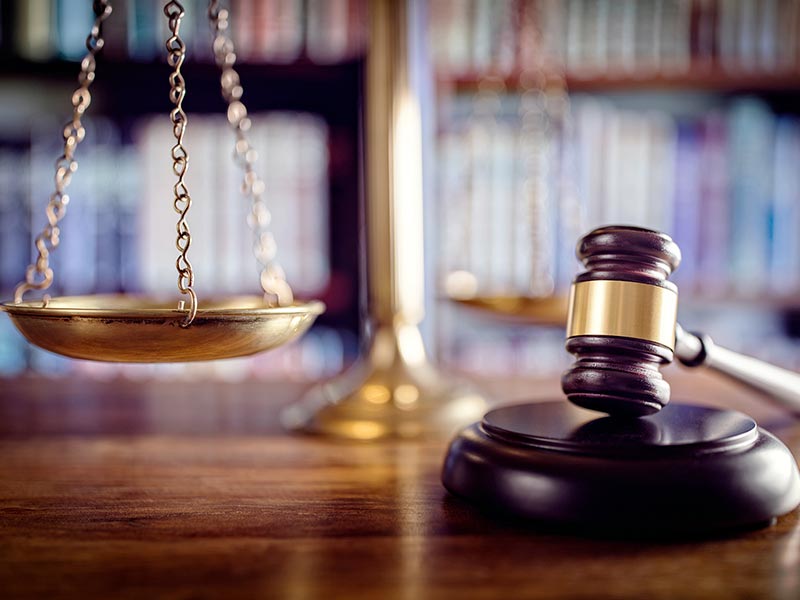How far must a company go to address adverse human rights impacts with which they are involved?
The actions that a company must take to prevent, mitigate, and remedy adverse human rights impacts—what the UN Guiding Principles on Business and Human Rights (UNGPs) call “appropriate actions”—depend on the company’s connection to that impact. The UNGPs provide a framework for assessing this, often called the cause/contribute/directly linked framework. According to the UNGPs, the appropriate actions that companies must take to prevent and mitigate human rights abuses will vary according to “[w]hether the business enterprise causes or contributes to an adverse impact, or whether it is involved solely because the impact is directly linked to its operations, products or services by a business relationship.” The determination of appropriate actions also varies according to “the extent of [the company’s] leverage in addressing the adverse impact,” as indicated by Principle 19.
Assessing attribution—that is, whether the business has caused, contributed, or is directly linked to an adverse impact through their business relationships—is the first step toward determining appropriate actions to prevent and mitigate human rights abuses and provide remedy where relevant. In fact, the forward-looking nature of human rights assessments, followed by appropriate actions to prevent and mitigate human rights abuses, is one of the most powerful tools companies have available to ensure respect for human rights.
Practically speaking, how can companies determine whether they have caused, contributed, or are directly linked to an adverse impact through their business relationships? A new white paper from BSR Senior Advisor Jonathan Drimmer and Novartis Head of Human Rights and former BSR Human Rights Director Peter Nestor explores seven questions to help companies determine their connection to negative impacts and how to reframe these questions to identify appropriate actions to prevent and mitigate potential adverse human rights impacts that may occur in the future.
Full Report Worksheet
Let’s talk about how BSR can help you to transform your business and achieve your sustainability goals.









